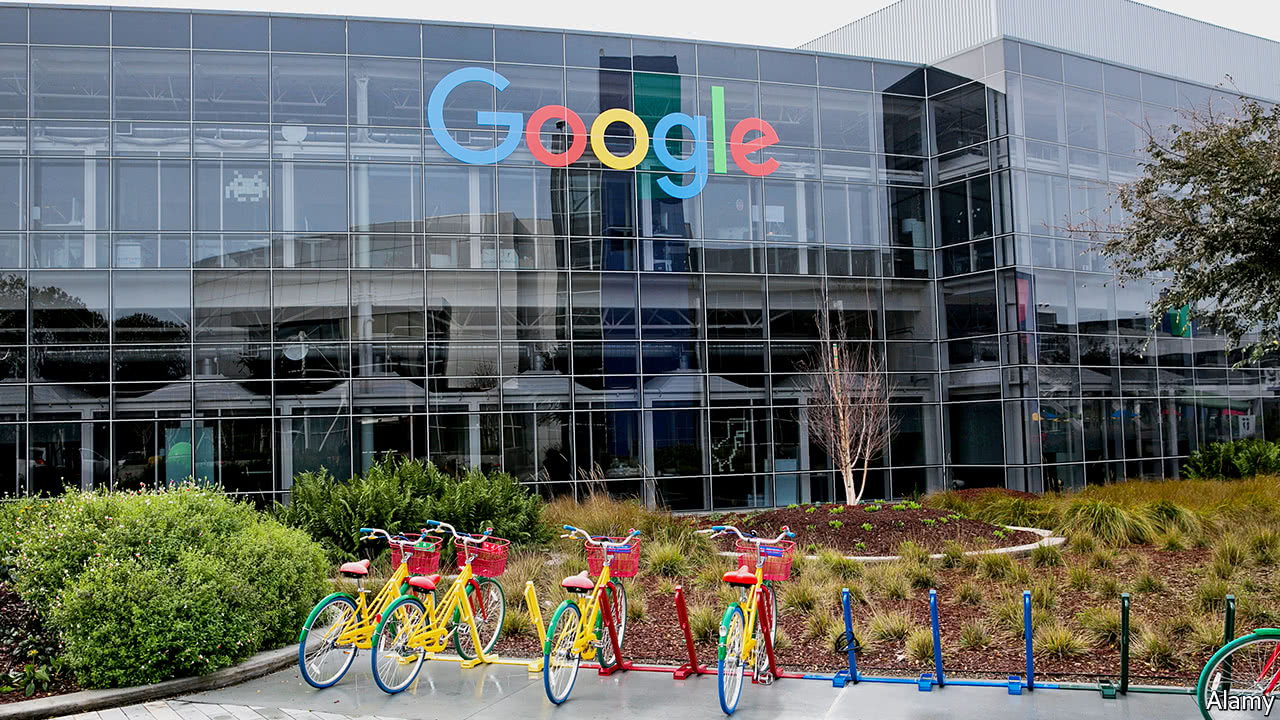
Google was fined €2.4bn ($2.7bn) by the European Union’s competition commissioner for using its dominance in search to promote its shopping service over those of its rivals. The company will appeal against the decision, arguing that the EU did not include the likes of Amazon in its definition of the “relevant market” and did not prove that its search rankings had a detrimental effect on its rivals. Other rulings on Google’s Android operating system and its advertising business are expected soon in the EU. See article.
When in Rome
Italy’s state-backed rescue of two failing banks, Banca Popolare di Vicenza and Veneto Banca, was criticised for failing to adhere to the nascent EU banking union. Under a deal, another bank, Intesa Sanpaolo, is to absorb the prime assets of the two failed lenders, but the government is using taxpayers’ money to protect Intesa from any losses. That contrasts with Santander’s recent bail-out of a bank in Spain, for which it launched a €7bn ($8bn) share sale to fund the takeover. See article.
Britain’s loss-making Co-operative Bank struck a £700m ($900m) deal with investors to keep it alive. This involves the bank raising equity from hedge funds through a holding company that will have a 68% stake.
The Federal Reserve said that all 34 financial companies passed its latest round of stress tests, the first time that has happened since 2011, when the Fed began evaluating whether big banks have adequate capital to weather a financial storm. Those banks are now free to provide shareholders with a bonanza of increased dividend payouts and share buy-backs, after years of complaints from investors about the industry’s meagre returns.
The yields on government bonds in the euro zone jumped and the euro rose to its highest level against the dollar this year after Mario Draghi hinted that the European Central Bank was ready to begin unwinding its stimulus measures. In a speech the ECB’s president focused on the region’s improving economy, and notably the pivot from “deflationary forces” to “reflationary ones”.
The Bank of England raised its “counter-cyclical” capital buffer for banks to 0.5% of risk-weighted assets, increasing to 1% later this year. It had reduced the buffer to zero in its package of emergency measures to shore up the British economy following the vote to leave the EU. But it is now concerned about the rapid rise in consumer lending, as households turn to credit to supplement stagnant wages.
South Africa’s central bank filed a legal challenge against the recommendation of the country’s public ombudsman that it should replace its mandate of maintaining price and currency stability with one that seeks “meaningful socioeconomic transformation”. The South African Reserve Bank argues that its current mandate is crucial for growth.
Lumbered with penalties
America slapped a second round of tariffs on softwood from Canada, escalating their trade dispute over the product. But the latest batch of duties won’t come into effect until September; America, Canada and Mexico are due to start negotiations on crafting a new NAFTA in August.
Following a decade of safety recalls of cars fitted with its airbags, Takatafiled for bankruptcy protection. At least 17 deaths have been attributed to the airbags worldwide. The bankruptcy paves the way for the Japanese manufacturer to sell its assets, except for its airbag business, to a rival firm based in Michigan. But carmakers, such as Toyota and Fiat Chrysler, will now find it difficult to recoup from the company the costs that they have incurred.
A private-equity firm offered $7bn to take over Staples, a retail chain selling office supplies, in the biggest leveraged buy-out so far this year. In 2016 an attempt to merge Staples with Office Depot, a rival, was thwarted on antitrust grounds.
Nestlé launched a $21bn share buy-back and said it would focus new investment on coffee, bottled water, pet care and infant nutrition. The announcement came amid shareholder gripes about the lack of growth at the Swiss foods group and after an activist investor criticised it for being “stuck in its old ways”.
Health and strength
An investment fund controlled by Mikhail Fridman, one of Russia’s richest men, agreed to buy Holland & Barrett, a British retailer of health supplements, for £1.8bn ($2.3bn). It is the first purchase made by Mr Fridman’s new L1 Retail fund, and a bet that the market catering to health-conscious consumers will grow. Holland & Barrett is a staple of the British high street, tracing its roots to Samuel Ryder, of the golfing cup, who opened his health-foods business in 1920.
[“Source-economist”]
